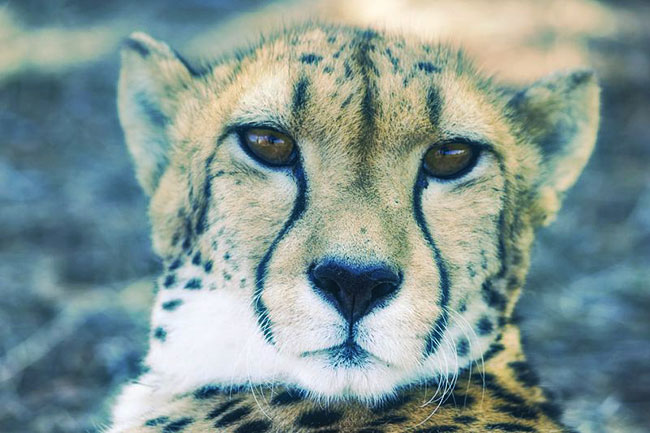|
by Aletheia Luna
I kept having recurring dreams for about a month, where I would walk into an eerie, foreboding forest at night with a leopard peering at me through the shrubs. Its stare seemed kind, almost motherly, but very intense… somehow I knew that it was trying to tell me something
about the depths
of the forest ahead.
It was only recently that I discovered the existence of Spirit Animals, and that mine was the Leopard.
It is said that we, as human beings, possess at least one Spirit Animal, or totem, in our lifetimes that serve as our personal protectors, guides, helpers and companions.
But usually, it is common
for us to have many Spirit Animal helpers throughout
different periods of our lives.
Their totems are also
thought to be a form of alter ego, or second self.
However, not everyone is convinced of the validity of Animism.
19th century anthropologist Sir Edward Tylor for instance, was not only one of the greatest skeptics of Animism, but was also responsible for forming the currently accepted definition of 'Animism'.
Tylor believed that
Animistic beliefs were characteristic of "primitive" and "childish"
peoples, who typically possess "cognitive underdevelopment", thus
discrediting the whole Animistic world view in one fell swoop.
When we look at Animistic belief, we see that it treats all humans, animals and plants as being equal and interdependent of each other.
In other words:
Not only that, but to the
Animist we we are part of nature, rather than being superior
to nature, or separate from nature.
No wonder the earth's forests, streams, oceans, park-lands and wildlife are polluted, pillaged and dying every day.
"Mature" developed man
has such a sickly and unintelligent mindset towards nature that he
creates nothing but destruction and death
wherever he treads.
Philosopher Baruch Spinoza concluded similar thoughts about the world:
Even famous physicist Albert Einstein was considered to be a pantheist after writing one letter to a friend in 1954:
So, does this further add to the validity of Spirit Animals existing in our lives?
In the end, it's up to
you to decide whether Spirit Animals are merely 'primitive' social
constructs, or whether their long history throughout many peoples
and cultures points to a higher, deeper truth.
The phrase "Power Animal" refers to the shamanic idea that certain animals (or tutelary spirits) can physically and psychologically empower us.
The Power Animal, just like the
Spirit Animal, is thought to lend its wisdom, attributes, and
instincts to us in times of need.
|


